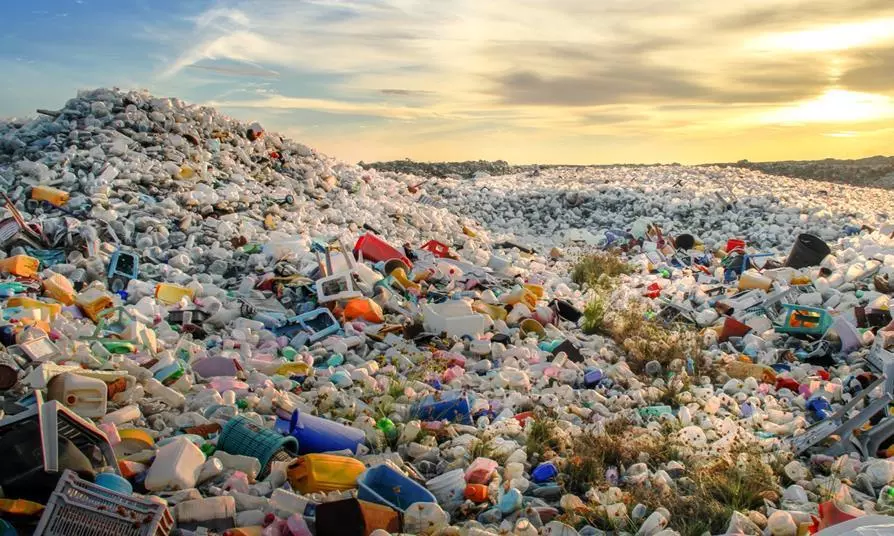
Indian scientists find potential solution for greenhouse gases and plastic waste
text_fieldsLondon: Two Indian scientists at Cambridge University have developed a possible solution for greenhouse gases and plastic waste at once. These are the two major environmental challenges the planet is facing currently.
The researchers worked at the Reisner Lab to develop a reactor that can convert greenhouse gases and plastic waste into sustainable fuels. The machine runs on solar power alone and uses a light absorber based on perovskite. It is a cost-effective alternative to silicon.
The reactor has two compartments, one each for carbon dioxide and plastic waste. According to co-author Motiar Rahaman, the machine can create products like syngas, formic acid, and glycolic acid which have industrial uses, reported NDTV. Cambridge University in a statement said that the new machine can create products of industrial value at a much higher rate than conventional photocatalytic carbon dioxide reduction processes.
Subhajit Bhattacharjee, another co-first author, said the team is planning to scale up to more complex products just by changing the catalyst. The reactor only needs bigger electrodes and photosensitizers to scale up. Photosensitizers absorb sunlight and produce a voltage that is useful to convert waste material - greenhouse gases and plastic.
The scientists are hoping their innovation helps developing countries fight climate change. Bhattacharjee thinks it can be a "game changer in the development of a circular economy." Rahaman added that the world needs to take steps to mitigate the climate crisis before it is too late.























